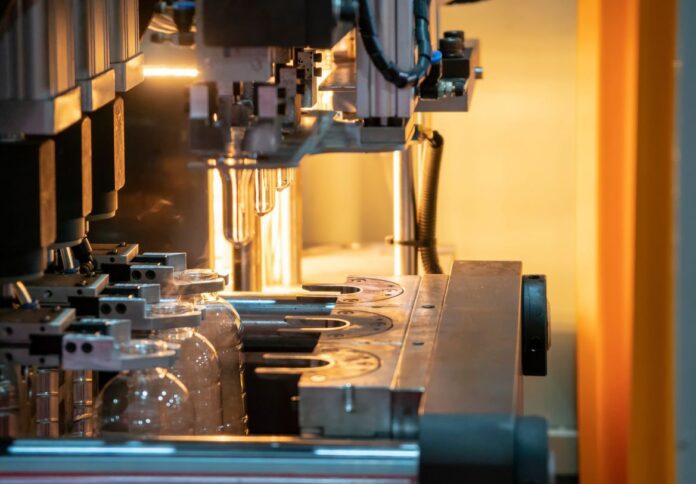
The Cake and Pastry Manufacturing industry in Australia is experiencing significant shifts due to evolving consumer preferences, volatile commodity prices, and intense competition, according to a recent report published by IBISWorld.
As the market navigates these challenges, the analysis noted that manufacturers are adapting by focusing on specialty products and responding to changing demands.
In recent years, supermarkets have expanded their private-label offerings, increasing competitive pressure on traditional cake and pastry manufacturers.
Consumers are increasingly turning to artisanal and gourmet foods, often from retail bakeries, which poses a threat to branded industry players.
The report noted this shift is partly driven by rising health consciousness, leading consumers away from factory-produced, pre-packaged baked goods in favour of fresh, artisanal alternatives available at rival outlets.
To remain competitive, manufacturers are emphasising specialty products such as gluten-free and vegan options, catering to the growing health-conscious market.
Additionally, the demand for sweet pastries has seen an uptick, fueled by the resurgence of coffee shop culture as people return to offices and travel more frequently post-COVID-19.
The industry’s geographic distribution is concentrated in densely populated states like New South Wales and Victoria, where the perishable nature of cakes and pastries necessitates proximity to large consumer bases to ensure freshness and quality.
Despite these adaptations, the Cake and Pastry manufacturing industry has faced declining revenues. Over the past five years, industry revenue has decreased at a compound annual growth rate (CAGR) of 0.7 per cent, reaching an estimated $2.0 billion in 2024.
Competition from in-store supermarket bakeries and shifts in consumer diets towards healthier options have contributed to this decline.
In response to these challenges, manufacturers have been diversifying their product lines, introducing items with premium ingredients such as Angus beef, smoky pulled pork, and RSPCA-approved chicken, as well as organic options.
Market share concentration within the industry is moderate, with the top four companies generating between 40 per cent and 70 per cent of industry revenue.
This reflects a relatively fragmented market where small and medium-sized firms predominate.
On average, the analysis revealed the manufacturing sector in Australia has a concentration of 41 per cent.
Looking ahead, the report emphasised that the next five years will be crucial for industry players as they innovate and adapt to maintain their market positions and cater to an increasingly discerning consumer base.



















